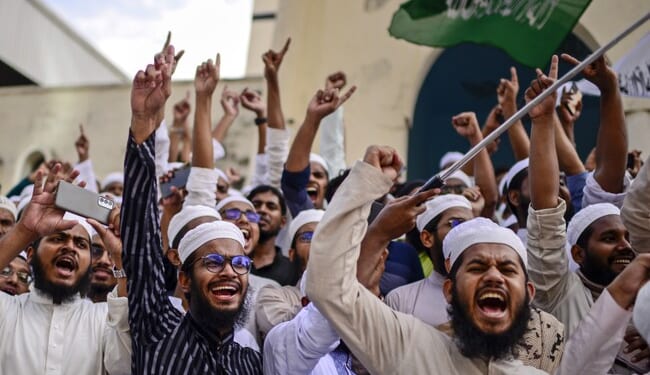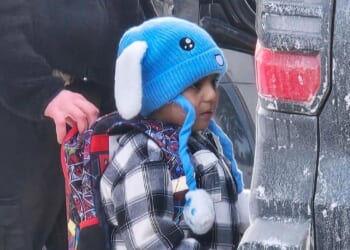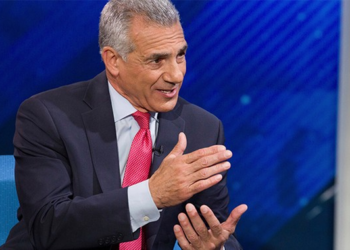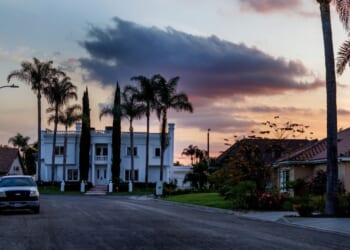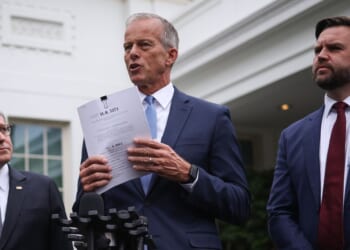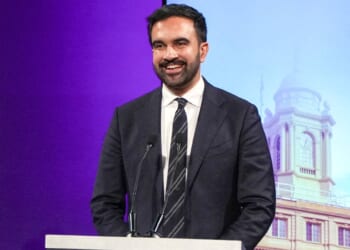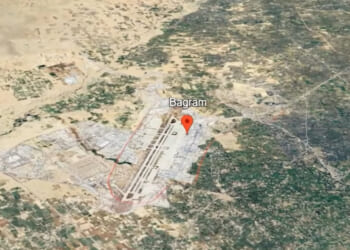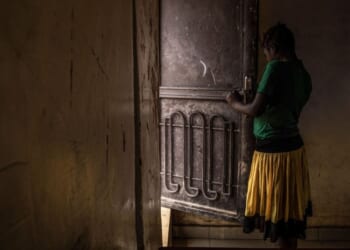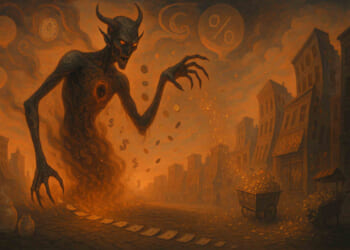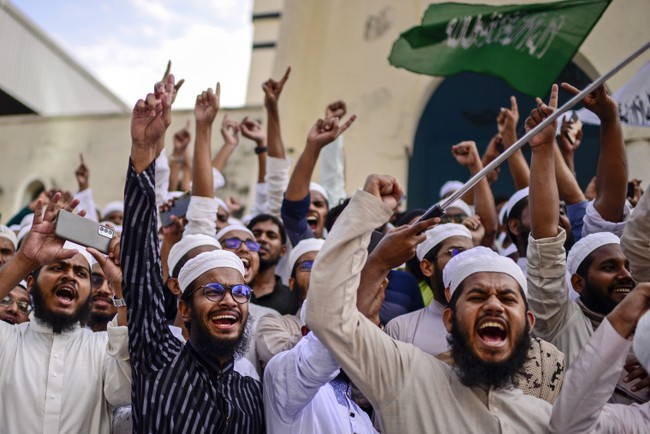
The gang rape of a 12-year-old schoolgirl from the indigenous Marma community in Bangladesh’s Khagrachhari town led to mass protests that began on the night of September 23. The unrest between indigenous tribes, Bengali Muslim settlers, and the military continued for days in the Chittagong Hill Tracts.
According to reports from the region, the girl was raped while returning home from a private tutoring session. Her parents reportedly found her unconscious in a field that night. Police, with army assistance, arrested one suspect: Shayon Shil. But demonstrations continued as protesters demanded the arrest of two other suspects who are believed to have participated in the crime.
At least three people were reportedly shot dead by Bangladeshi security forces during the protests and dozens were injured. Protests led to the traffic being suspended on several roads and additional forces being deployed in Khagrachari. Additionally, the Bangladeshi army was also deployed in the region.
Protesters from the Marma and Mog communities said that the homes of people from indigenous communities of the region were burned.
According to the Christian Daily International, as ethnic unrest intensifies, Christian leaders say fear and uncertainty is spreading among the country’s religious minorities because they feel increasingly vulnerable amid the wider political instability that has led to a breakdown of trust in state protection.
According to a press statement issued by the Jumma Chhatra Janata (JCJ), an indigenous student organization, armed settlers and military forces attacked demonstrators in Guimara Upazila (a subdistrict), resulting in what the group described as the “Guimara massacre.”
The statement identified three people killed in the violence whom the police later confirmed were Teiching Marma, 20, Aukhrau Marma, 22, and Athuipru Marma, 21.
The student organization also documented the destruction of several vehicles, houses, and shops which belong to indigenous residents. Local reports indicated that nearly 50 homes and 40 shops were torched during the unrest.
Nila Pada Chakma, coordinator of the Bangladesh Bible Society, told Christian Daily International that five Christians on their way to church were assaulted by the army. “They had to be hospitalized for their injuries,” he said. “All Christians were released from the hospital and are back home.”
Chakma noted that the attackers showed no regard for either religion or ethnicity. “Their targets were the indigenous people. It did not matter whether they were Buddhist, Hindu or Christian,” he added. “Whose house was being burnt and who was being attacked did not matter to them.”
The Christian Conference of Asia condemned the deadly clashes and urged the Bangladeshi government to guarantee the safety and protection of ethnic and religious minorities. The organization noted that homes, businesses, and places of worship which belonged to indigenous minority communities were targeted during the attacks.
Transparency International Bangladesh (TIB) also issued a statement expressing strong outrage over the events in Khagrachhari, saying that vested interests had turned a peaceful protest seeking justice for the rape of a 12-year-old girl into widespread violence. The group questioned why the army-controlled administration has failed to prevent the unrest. TIB called for a comprehensive judicial investigation, the exemplary punishment of the perpetrators, and accountability for those who instigated the unrest.
The situation in the hill districts remains tense, with prohibitory orders still in effect and security forces maintaining heavy patrols across the region.
Meanwhile at the 60th session of the UN Human Rights Council in Geneva (held from September 8 to October 8), multiple speakers raised concerns over escalating attacks on ethnic and religious minorities in Bangladesh.
Suhas Chakma, director of the New Delhi–based Rights and Risks Analysis Group, told the Council that it was the Bangladesh Army that indiscriminately opened fire on those protesters demanding justice for the September 23 rape case, killing three indigenous people and injuring dozens more.
At the same session, rights advocates also cited broader data showing that Bangladesh witnessed 637 mob lynching deaths, the targeting of 878 journalists, 2,485 acts of violence against religious minorities, and criminal cases filed against more than 500,000 political opponents last year.
Charlotte Zehrer, a UN–EU Human Rights Officer with Global Human Rights Defense, reported more than 2,400 incidents of violence against minorities within the past year. She noted that indigenous peoples in the Chittagong Hill Tracts (along with Hindu and Christian communities across the country) have been among the primary targets.
On August 5, 2024, Bangladesh’s Prime Minister Sheikh Hasina fled the country following mass uprisings against her government. She held the post since 2009 and won the most recent parliamentary elections in January 2024. An interim government led by economist Muhammad Yunus now governs the country.
The protests and overthrow of PM Hasina are part of a longer-term trend in Bangladeshi politics which represents the weakening of the secular model that marked the nation’s founding, as well as a resurgence in radical Islam and the persecution against minorities.
Though the July 2024 protests were largely started by student groups angry about job quota systems, the violence quickly spilled over and targeted religious minorities. Jamaat-e-Islami, the country’s main Islamist party, strongly supported the uprising. The terrorist organization al-Qaeda in the Indian Sub-continent (AQIS) described it as a “significant victory for Islamists and jihadists in the region.” Homes were burned (including house churches), and some Christians were driven underground. Radical Islamic groups such as Hizb ut-Tahrir have since expanded their influence. They have used the chaos in the country to attack religious minority communities.
The human rights organization, Open Doors, reported that as part of the unrest during that period, there was an increase in the number of churches and other Christian institutions that were attacked, mainly by members of local Muslim communities. Reports came in from all over Bangladesh. For example, at least 12 ethnic Bawm Christians were killed in the Chittagong Hill Tracts.
The 2025 U.S. Commission on International Religious Freedom (USCIRF)’s Bangladesh factsheet elaborates on the attacks against indigenous groups in Chittagong Hill Tracts:
Indigenous communities in the Chittagong Hill Tracts also continue to report attacks since the July 2024 uprising. In September and October 2024, for example, a spate of attacks between Buddhist-majority indigenous groups and Bengali Muslim settlers resulted in the targeting of religious sites and the killing of at least four people. Buddhist temples were reportedly vandalized and looted, with inaction from security forces. Subsequently, a Buddhist monastic association announced it would not hold an annual month-long religious festival at Buddhist temples, citing fears of insecurity.
Radical Islamic groups, specifically Jamaat-ul-Mujahideen Bangladesh (JMB), Jamaat-e-Islami, Hefazat-e-Islam, and Ahle Sunnat, are implicated in attacks against religious minorities. Their influence in national politics is growing, and the Jamaat-e-Islami party (previously banned under anti-terrorism laws during the August unrest) had its ban lifted by Yunus’ caretaker government, allowing it to re-enter the political arena.
The ousting of Hasina’s government has ushered in a period of uncertainty in Bangladesh. Islamist groups have exploited the power vacuum, and concerns about governance and minority rights have deepened. The interim government led by Yunus has appointed Islamist lawyers linked to Jamaat to court positions. The government has also ordered the release of Jashimuddin Rahmani, who leads a terrorist group linked to al-Qaeda. What is evident is that the democratic norms are eroding in Bangladesh.
The country is currently going through a so-called “constitutional reform process.”
According to the USCIRF:
The extent to which religious minority communities have been involved in the reform process remains unclear. Many religious minority communities have expressed that they have not been included or consulted in the reform process and that minority groups are underrepresented in politics and state agencies. For example, within the whole cabinet under the interim government, only one member is a Hindu and one is a member of the Buddhist community from the Chittagong Hill Tracts. Bangladesh’s indigenous community members, many of whom live in the Chittagong Hill Tracts, have called for constitutional recognition.
Meanwhile, Islamist networks tied to global jihadist movements, including al-Qaeda, continue to inspire fear, particularly in rural areas, where Christian converts face severe restrictions. Meanwhile, the rise of Rohingya insurgent activity along the Myanmar border, including ARSA’s (the Arakan Rohingya Salvation Army) involvement in violent crimes, has exacerbated tensions.
Religious minorities, including Christians, Hindus, and Buddhists, remain vulnerable amid these dynamics. Reports of mob violence, forced conversions, and vandalism of places of worship are widespread, often fueled by radical Islamic propaganda.
The 2025 Annual Report of the USCIRF also pointed out to an “increase in attacks against Hindu communities and temples:
Religious freedom conditions in Bangladesh declined amid a series of attacks against religious minority communities,” the report said.
In November, police charged a Hindu priest, Chinmoy Krishna Das, with sedition charges for denigrating Bangladesh’s flag while demonstrating for the protection of Hindus… The same month, an estimated 30,000 Hindus gathered demanding government protection from attacks and harassment.
Leaders of religious minority communities continue to say that the government frequently uses laws such as the Digital Security Act (DSA) to target members of religious minority groups, particularly Hindus, for “hurting the religious sentiments” of Muslim populations. In almost all cases, courts take harsher measures against members of religious minorities for posting allegedly derogatory content on Facebook than against the perpetrators of retaliatory violence.
Open Doors stresses that Islamic radical groups and their ideology are now growing in influence in Bangladesh and the army’s anti-insurgency campaign in the Chittagong Hill Tracts area is a reminder that Christians are at risk from a variety of persecution, in which communal tensions, the government’s “divide-and-rule” tactics and underlying contests for control of land all combine to make Christians vulnerable.
For many Christians in Bangladesh, the violence in Khagrachhari has thus reinforced a sense of fear and abandonment shared across the country’s minority communities. Church leaders say the attacks, coupled with years of unaddressed discrimination and political volatility, have deepened feelings of isolation and uncertainty about the future.
“We are very hopeless with the present situation of the country,” Martha Das from the National Christian Fellowship of Bangladesh (NCFB) told Christian Daily International. “Our Christian youth are perplexed; there seems to be no future for them in this country. Everything is uncertain and we will have to wait and see what happens in the February 2026 elections.”
Editor’s Note: The Schumer Shutdown is still ongoing, and polls are now showing Americans are increasingly blaming the Democrats for this mess, but we can’t let them spin their way out of it.
Help us expose the truth—sign up with promo code POTUS47 for 74% off your VIP membership.

